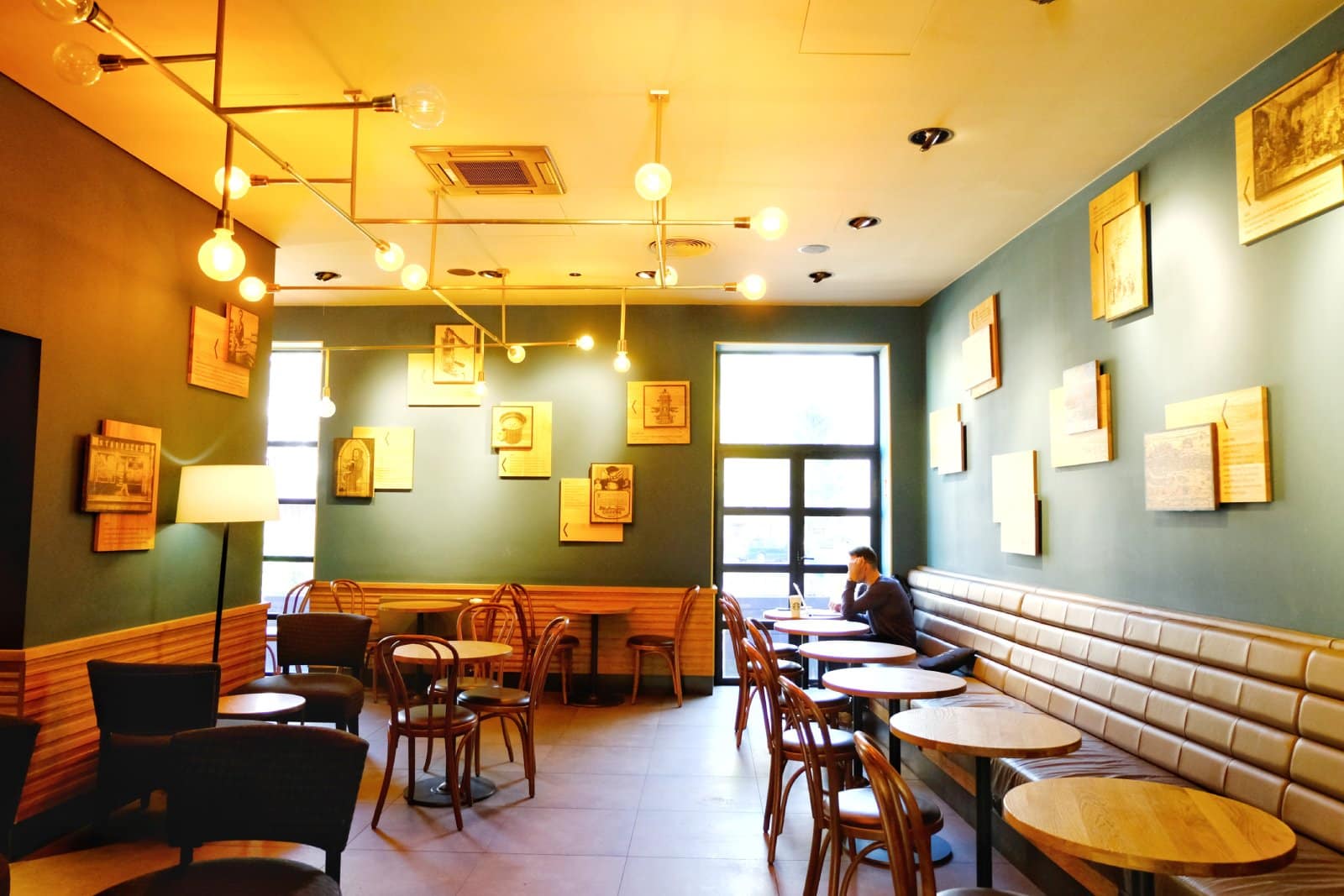In the wake of the pandemic, the landscape of work has shifted dramatically, sparking the work-from-home craze that’s upending traditional office dynamics. As Americans pack up and move to the sticks for remote opportunities, one has to wonder: Are office buildings a relic of the past?
#1. Financial Implications for Businesses and Employees

Companies are finding that ditching the physical office can lead to significant savings on real estate and operational costs. For employees, working from home means no commute, which translates to savings on transportation and more flexible budgeting for daily expenses.
#2. The Cultural Shift Toward Work-Life Balance

The pandemic has redefined what work-life balance can look like, with many embracing the flexibility of remote work. This shift has allowed employees to integrate work more seamlessly into their lives, though it has also led to challenges in drawing boundaries between work and personal time.
#3. Changes in Urban and Rural Dynamics

The exodus from crowded cities to quieter, more affordable rural areas has been notable. While this move has revitalized some smaller communities, it has also led to concerns about isolation and the loss of the serendipitous interactions that office environments provide.
#4. Technological Advancements and Challenges

Technology has been the backbone of the remote work revolution, with tools like Zoom, Slack, and cloud computing becoming household names. However, not all industries can transition smoothly, and there are still significant hurdles in sectors where physical presence is essential.
#5. The Future of Office Spaces

While some predict a complete transition to remote work, others believe in a hybrid model where office spaces evolve rather than disappear. These future offices might be more about collaboration and less about daily occupancy, serving as hubs for creativity and team-building rather than traditional workstations.
#6. Impact on Commercial Real Estate

The decline in demand for office spaces is causing a ripple effect in the commercial real estate market. Landlords and developers are scrambling to repurpose these buildings into residential units, mixed-use spaces, or even community centers.
#7. Mental Health and Social Isolation

While remote work offers flexibility, it also poses risks to mental health due to increased isolation. The lack of face-to-face interaction can lead to feelings of loneliness and disconnection from colleagues.
#8. Environmental Benefits and Challenges

Less commuting and reduced office building operations mean a decrease in carbon emissions. However, the environmental impact of increased home energy use and the production of tech equipment for remote work cannot be ignored.
#9. Changes in Workforce Demographics

Remote work has opened up opportunities for people who previously faced barriers to traditional employment, including those with disabilities, caretakers, and residents of remote areas.
#10. Shift in Employee Expectations and Company Policies

Employees now expect flexibility as a standard benefit, and companies are adapting by offering remote, in-office, or hybrid options to attract and retain talent.
#11. The Role of Collaboration and Communication Tools

As remote work becomes the norm, the reliance on digital tools for communication and collaboration intensifies. This has led to a surge in innovation but also highlighted the need for robust cybersecurity measures.
#12. The Challenge of Maintaining Company Culture

Preserving a strong company culture is harder without a central office. Companies must find new ways to instill values and foster a sense of community among remote employees.
#13. The Reimagining of Office Design

For those returning to the office, the design is shifting from high-density cubicles to spaces that prioritize health, wellness, and collaboration, with more open spaces and fewer permanent desks.
#14. Inequality in Access to Remote Work

Not all jobs or industries can offer remote work, leading to a divide between those who can work from home and those who cannot. This disparity affects income, job security, and career progression.
#15. Impact on Local Economies

The decline in office workers has hit local businesses hard, especially those dependent on office foot traffic, like coffee shops, restaurants, and retail stores in business districts.
#16. The Rise of Co-Working Spaces

As an alternative to traditional offices, co-working spaces are gaining popularity. They offer the flexibility of remote work with the benefits of a shared, community-oriented environment.
#17. Training and Skill Development Challenges

Remote work requires a different set of skills, and both employees and employers are grappling with how to provide effective training and development opportunities remotely.
#18. Legal and HR Considerations

The shift to remote work has complicated legal and HR issues, including compliance with labor laws across different jurisdictions, data privacy, and employee monitoring.
#19. The Globalization of the Workforce

Remote work has globalized the job market, allowing companies to hire from a broader talent pool but also creating competition for jobs at a global scale.
#20. The Return to the Office Debate

Despite the advantages of remote work, some companies and employees are advocating for a return to the office, citing collaboration, innovation, and the intangible benefits of in-person interactions.
A Complex Future

What is clear is that the world of work is evolving, and both businesses and employees will need to adapt to these changes. The future might not be office-free, but it will certainly be more flexible and tailored to the needs of a diverse workforce.
Budget Boss: 12 Tips for Managing Your Money Wisely

Embarking on a journey to master budgeting requires evidence-based strategies supported by research to manage your finances effectively and achieve your financial goals. Here are 12 research-backed tips, along with actionable steps to implement them, for mastering budgeting and maximizing your financial well-being. Budget Boss: 12 Tips for Managing Your Money Wisely
Ranking the Top and Bottom 24 U.S. Universities

Wondering which universities are the cream of the crop and which ones fall short of the mark? Today, we’re ranking the 24 best and worst universities in the United States to give you the inside scoop on higher education excellence and disappointment. Are you ready to uncover the highs and lows of academia? Ranking the Top and Bottom 24 U.S. Universities
18 Trending Jobs That Let You Travel While Working

Dreaming of turning your wanderlust into a way of life? Believe it or not, there are careers that not only allow but encourage you to explore the globe, dive into new cultures, and collect experiences instead of things. Here are 18 unconventional jobs that offer just that, with a bit more insight into each. 18 Trending Jobs That Let You Travel While Working
The post Americans Say Goodbye to Office Life, Embracing Remote Work first appeared on Not Your Boss Babe.
Featured Image Credit: Pexels / Yan Krukau.
The content of this article is for informational purposes only and does not constitute or replace professional financial advice.
For transparency, this content was partly developed with AI assistance and carefully curated by an experienced editor to be informative and ensure accuracy.





Leave a Reply